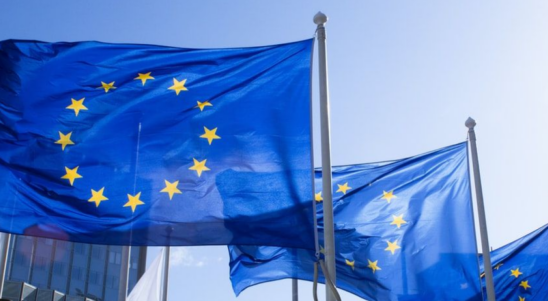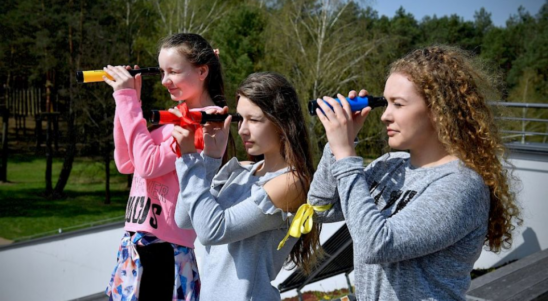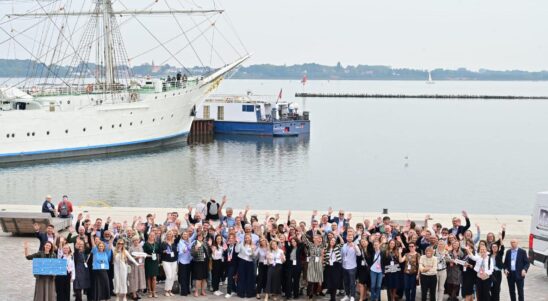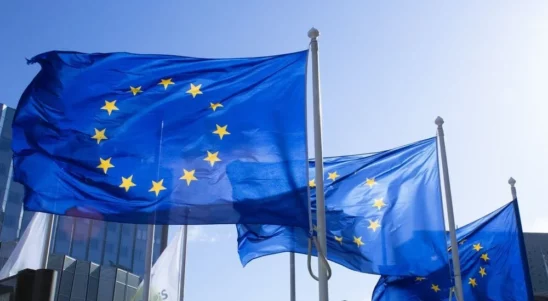Acronym: SMEBEYOND
Project partners Member States: LT, DK, DE, PL, SE
The project involves six partners from Denmark (1), Germany (1), Poland (1), Sweden (2) and Lithuania (1). The partnership is composed of clusters of a different profiles: environmental, plasma technology, ICT as well as association and science and technology park. The partners are supported by five associated partners which are cluster, national administration body and companies from Lithuania, Germany, Denmark and Sweden. The project is led by CLEAN Cluster (DK).The overall project objective is to amplify South Baltic SMEs competitiveness globally and connectivity in the region by crafting a cross-border innovation methodology for entering international markets and forging a novel South Baltic cluster network to support this outcome.The project’s activities are grouped in four content work packages. First one is dedicated to assessment of SME internationalisation and capacity building through workshops, market-specific support and strategy development and innovation enhancement. Second strand of activities is focused on development of innovative internationalisation methodology which includes collection of internationalisation strategies and models, their analysis and synthesis, development of unified internationalisation methodology and roll-out preparation for methodology. The next component is devoted to matchmaking and enhancement of collaboration which covers conference/fair selection and participation, strategic matchmaking and initiation of partnership, facilitating SME’s participation in international events and meetings. In the last work package partners plan advocacy for adaptive policy frameworks and SME empowerment. There will be comprehensive stakeholder engagement and barrier analysis conducted, evaluation of policy and legal constrains, policy recommendations will be formulated and policymakers engaged, Each work package is followed by dissemination and promotion activities.The main target groups are SMEs (particularly from blue and green sector) as well as clusters and business networks, public authorities and policymakers, financial institutions and investors, NGO’s and civil society.





